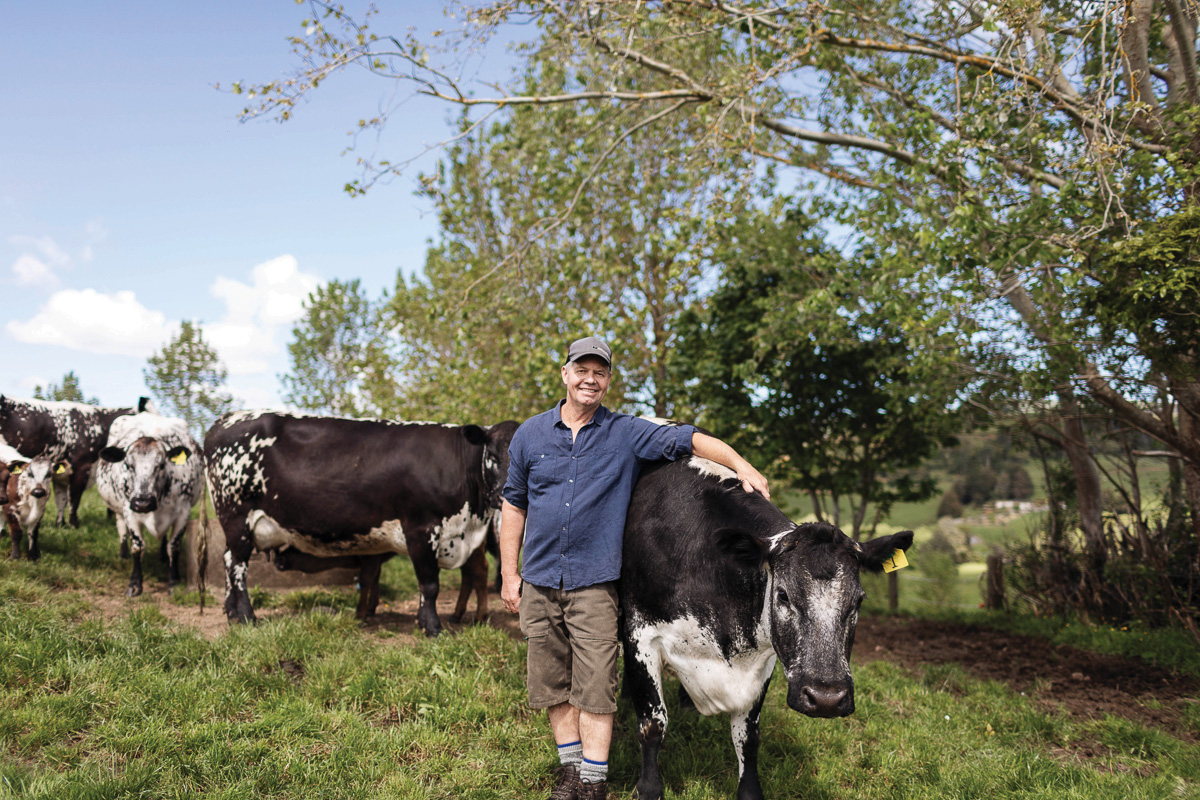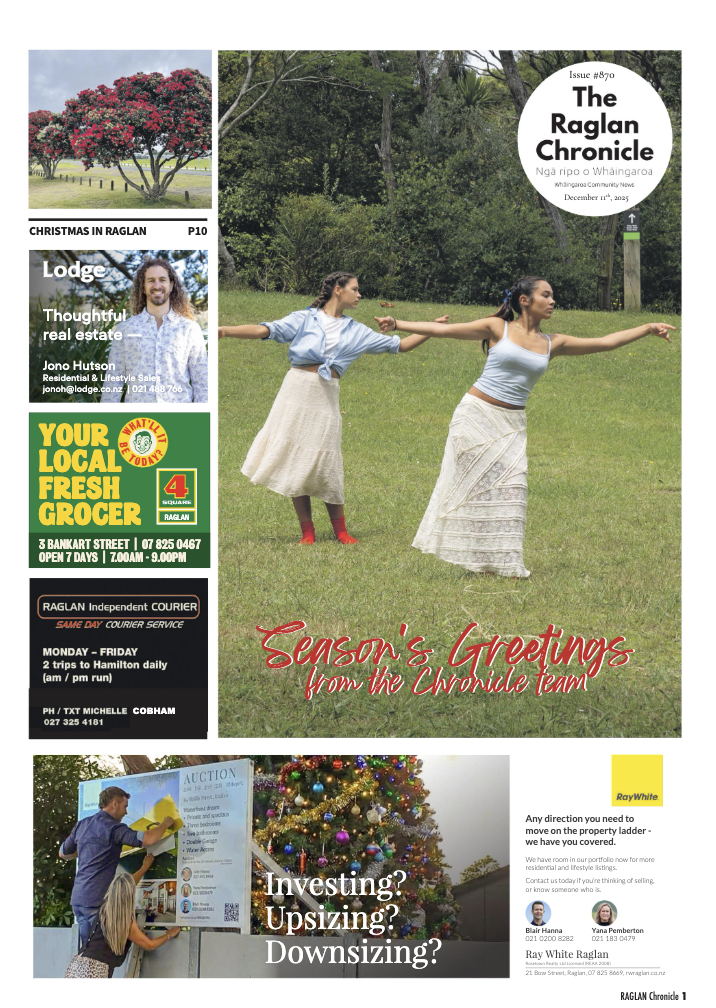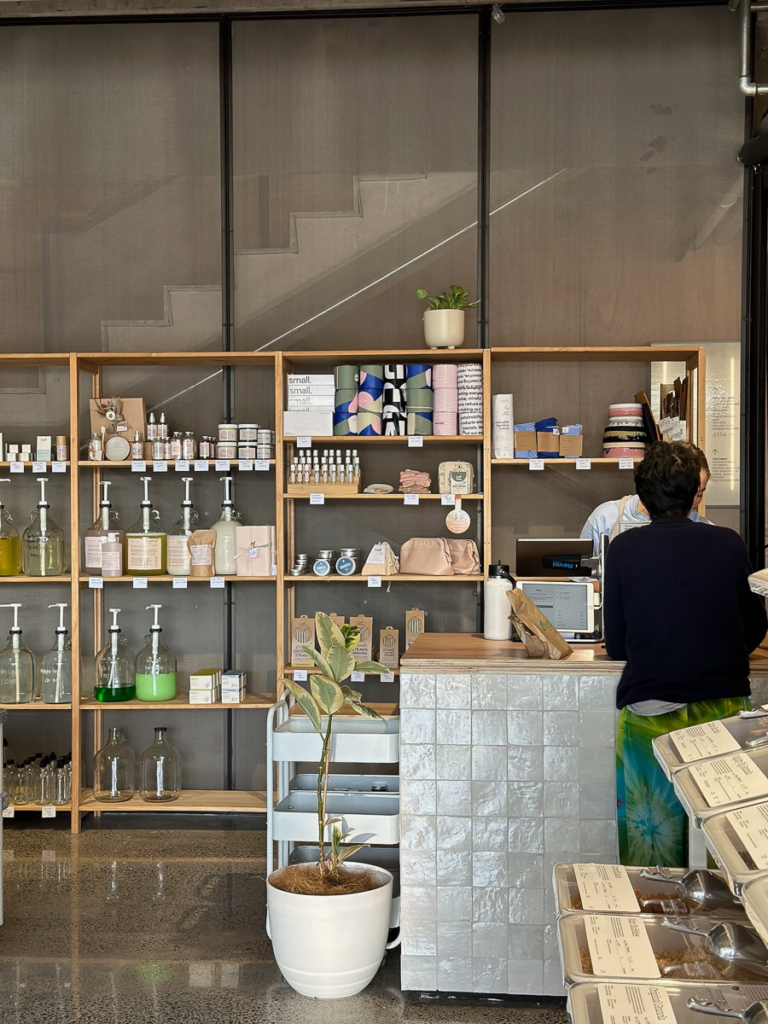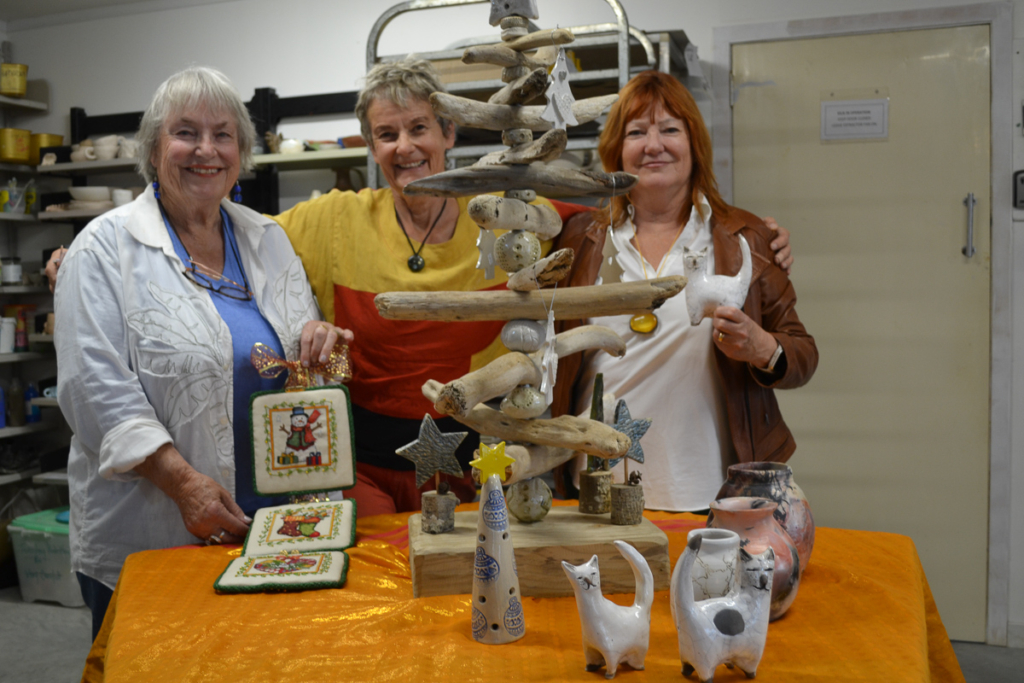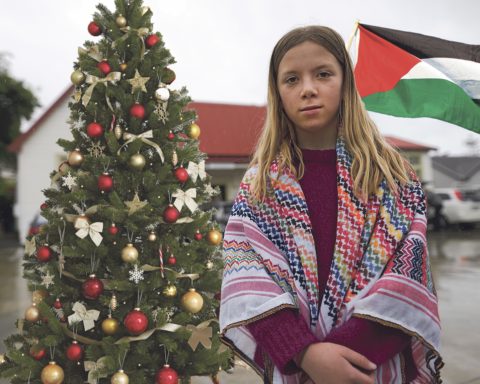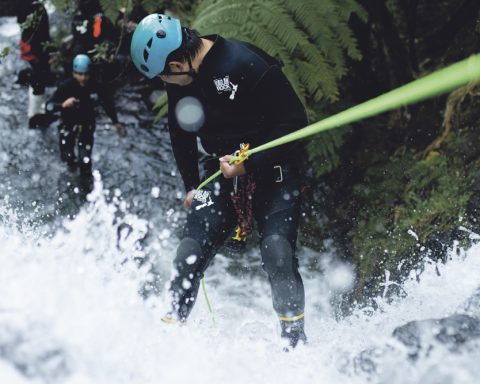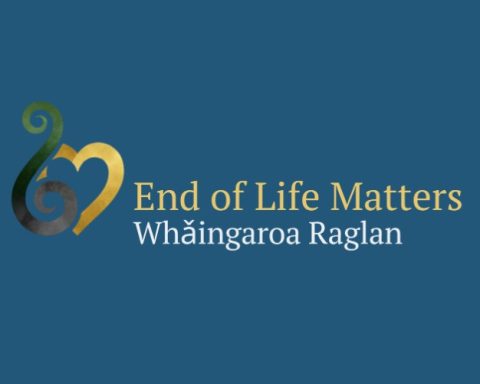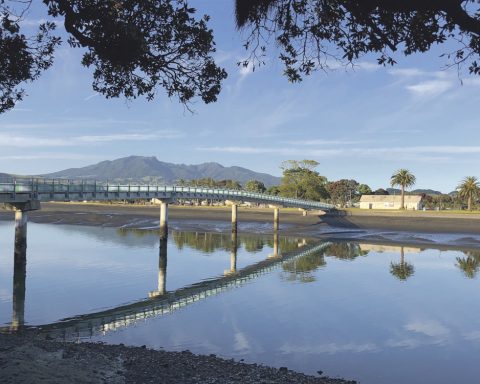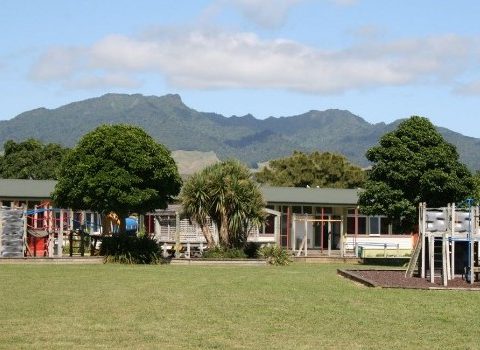Mike Moss has lived and breathed farming his whole life.
Currently living in the Waitetuna Valley, on the same land he grew up on, his journey began as a teenager raising sheep and beef on his family farm. He helped transition the farm to dairy in 1983 and then converted to organics in 1999, supplying milk to Fonterra’s organic range.
Leading up to this interview, I realised I had a personal connection with Mike – he lives right next to my family’s old farm, and I’d already heard stories of how my great grandfather, Tom Macdonald, used to teach Mike and his brother how to do leatherwork. Driving up the windy valley road, I was excited to spot familiar landscapes I’d seen from pictures in my family photo album and imagine what it would be like to grow up farming around here – catching eels in the Waitetuna river and living close to the land.
Two years ago he decided to have a rest from milking cows, sold half the farm, and downsized – “I’m as much a house husband as a farmer now,” he says. When I arrive, he proves this by offering me some freshly-baked banana loaf he just got out of the oven. We’re getting off to a good start.
So how has a beautiful place like this changed over the decades and what is farming here in the future going to look like, with a changing climate? What kind of support do our rural communities need to weather the storms (and drought)?
Mike says while he doesn’t have all the answers, he does have a few reasons to stay hopeful.
You have been farming using some organic practices; I’m keen to hear more about what led you to want to choose to farm this way.
I started getting disenchanted with conventional farming – the industry always had a lot of pressure to produce more – carry more stock, put more inputs in and I felt like the profitability was dwindling as well as the health of the animals.
A lot of the inputs – like nitrogen fertilisers – were creating imbalances that you then had to spend a whole lot of money to balance out.
Once we’d gone through the conversion process [to become organic] we were creating a premium product. Our costs were lower and the revenue for our milk was higher, and it clipped the ticket of where we needed to go environmentally – we ended up with lower inputs, a much lower stocking rate and a system in balance, which I was happy with.
What do you think a changing climate means for farming?
We need to get our emissions down – there’s a public and international expectation on that, so that’s one of the biggest challenges.
The other challenge is that climate change is upon us and it’s happening harder and faster than a lot of people would have expected.
We’re gonna have bigger dry spells, we’re gonna have significant rainfall events, tropical storms and win ds that are bigger and harder than what we’re used to, and that in itself will test our farming and infrastructure systems.
For farming we’ve gotta think about our pasture species and our animals; planting on hillsides to stabilise them – we know that some pine forestry has been an absolute disaster and we need to learn from that.
How would you like to see farming change in the future and what kind of support do you think farmers need to get there?
We know that good farming practices can actually build topsoil and carbon and there is a lot of research being done to reduce nitrous oxide and methane – it’s not easy but it is progressing and I can see a time in the not too distant future where, if done right, we can change farming so that it can be part of the solution – not part of the problem.
Kiwi farmers are innovative – that’s one of the things that are hopeful – and we can respond to stuff we have to do pretty quickly.
I don’t think there will be one silver bullet, but there will be a whole lot of incremental things that will make a difference. We’re already seeing a reduction in dairy cows and our sheep have become more efficient – a smaller number of animals are producing more product.
We need more funding for research, and we need to make compliance and start-ups easier; let’s have more home-grown, local industries. When I was supplying Fonterra, that milk would go to Auckland to be delivered back down to the Waikato in a plastic bottle. Now look at Dreamview milk – it’s from Raglan and it’s distributed around Raglan and other places.
One of the things we need from our government is a more enabling approach for local start-ups like this.
What springs to mind when you think of building community resilience here in Whāingaroa?
If you add up all the things Raglan is really good at, it’s pretty phenomenal!
We are food secure, which is a strength; between kaimoana, meat and milk and vegetables, pretty much everything we can do here – we can grow crops.
We have a town bursting with talent – it never ceases to amaze me the people you meet and the skill-bases they have. Everything from working for the United Nations, to computer programming, building, making art and music and the many environmental initiatives like Xtreme Zero Waste and the Karioi Project.
If a situation occurred, where Raglan was for some reason cut off from the rest of the world, we’d do okay.
I’ve eaten fish three times this week and none of it I’ve caught – neighbours have given it to me because we share.
I love the village economy for what it is, and I think back to my parents’ and grandparents’ day – they didn’t rely on the government for their own resilience, they found it in their own community.
This story is part of a Whāingaroa Climate Collective’s series – sharing stories from people in our community who are building resilience, making connections and taking action on climate change.
by Holly Dove
